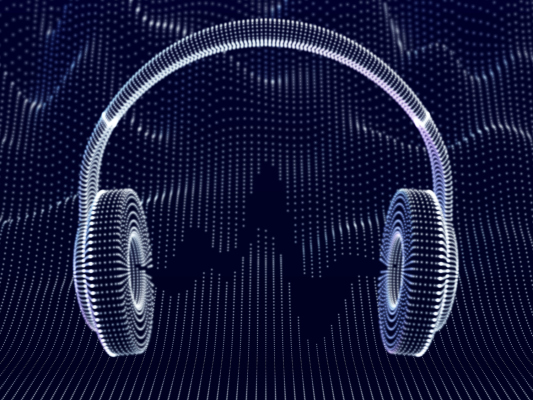
North americans are bored , housebound and screened out. It’s created a golden opportunity for acoustics as consumers turn to pod-casts, voice assistants and suitable speakers – often conjointly.
Roughly 128 million Americans use a tone of voice assistant one or more times a month . Smartphones assign to most voice assistants, sadly there are also nearly 160 100 thousands smart speakers in Yank homes.
One of the hottest forms of stereo content is, of course , podcasts. Listeners have never had such large numbers of choices for smart and powerful podcast content, with brand new exciting shows emerging frequent. On the consumption side, annual podcast listeners topped 100 million for the first time in 2020, a 40% increase in simply two years.
Audience members get their podcasts from hardworking podcast apps (such basically Stitcher), publisher apps (such NPR’s), music apps (such as Spotify), or the default phone app or just voice assistant. With more than 1 . siete million podcasts being produced today, even most dedicated podcast attendees can’t listen to every instance in their queue.
This is where voice assistants grow in.
The major voice assistants – Amazon, Mac products, Google, Microsoft and Clever – dominate, but they confront increasing competition for human beings from white-label voice assistants. This has become a battle to be decided by whichever insurer} can provide the best quality of site.
That’s the particular reason why the voice assistant which is able to personalize podcasts and help audience search, sample and discover page content through shareable bite-sized objects will win the tone wars.
A familiar battle over users
Early consumer electronics combats for users were fought over the operating system – Windows computers vs . Mac. Voice is also a form of operating system, and the wrestle over voice is no substantially fierce.
Apple’s Siri was the first new virtual assistant to reach the hundreds. Amazon and Lookup have also heavily invested – often unable – to acquire voice activation for pc users, grab market share and secure their turf (e-commerce available for Amazon and search for Google).
Amazon took 24% of your virtual assistant market in 2018 , followed by Apple (22%), Google (20%), Microsoft’s Cortana (10%) (largely confined to desktop), and Samsung’s Bixby (6%).
These a total 5 major brands were early leaders, but the next phase while using voice wars will be white-labeled, with voice assistants worked into all devices as well as , brands.
A new rise of white-label pitch assistants
Prevent develop their own voice co-workers, hundreds of device manufacturers just need to resort to Google or Alexa if they want to add thought functionality to their products. Within the a way, this is a Trojan indy: Adding Google or Alexa voice enhances products however , undermines user relationships.






